Richard Dawkins proposed tracking the health of memetics by tracking citations of the idea in learned journals - in the second edition of
The Selfish Gene.
I plotted such references in a 2008 article titled:
Memetics death report exaggerated.
I revisited Google Scholar and made another plot today. This time I used "memetic OR memetics" as my search term, which seems to be the most reasonable thing to search for to me.
Here are the results:
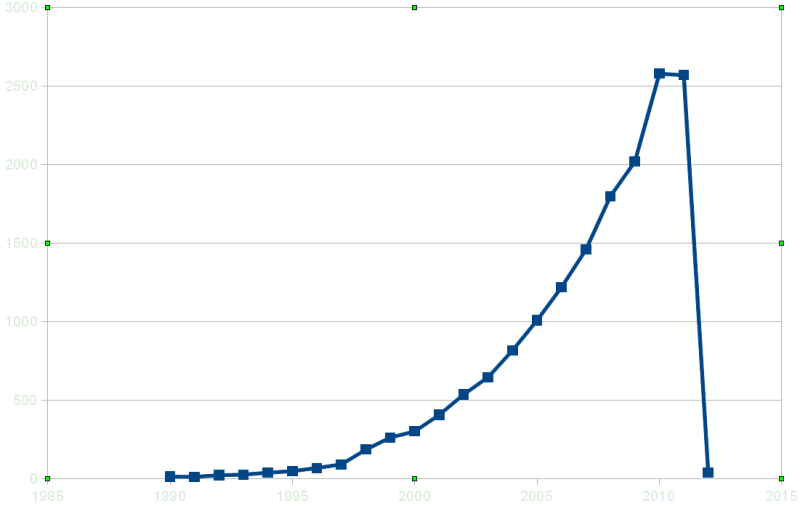
As before, it is best to ignore the last couple of years: Google hasn't indexed all the papers from those years yet.
This time I also did a "control" plot: I searched for "gold":
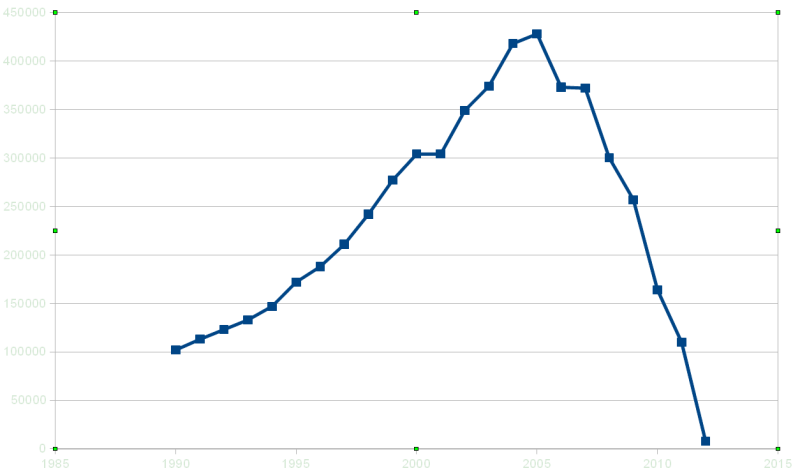
Here's my raw data:
| Year | Memetics |
|---|
| 1990 | 15 |
| 1991 | 14 |
| 1992 | 24 |
| 1993 | 28 |
| 1994 | 40 |
| 1995 | 50 |
| 1996 | 70 |
| 1997 | 93 |
| 1998 | 187 |
| 1999 | 264 |
| 2000 | 303 |
| 2001 | 408 |
| 2002 | 538 |
| 2003 | 648 |
| 2004 | 819 |
| 2005 | 1010 |
| 2006 | 1220 |
| 2007 | 1460 |
| 2008 | 1800 |
| 2009 | 2020 |
| 2010 | 2580 |
| 2011 | 2570 |
| 2012 | 42 |
|
| Year | Gold |
|---|
| 1990 |
102000 |
| 1991 |
113000 |
| 1992 |
123000 |
| 1993 |
133000 |
| 1994 |
147000 |
| 1995 |
172000 |
| 1996 |
188000 |
| 1997 |
211000 |
| 1998 |
242000 |
| 1999 |
277000 |
| 2000 |
304000 |
| 2001 |
304000 |
| 2002 |
349000 |
| 2003 |
374000 |
| 2004 |
418000 |
| 2005 |
428000 |
| 2006 |
373000 |
| 2007 |
372000 |
| 2008 |
300000 |
| 2009 |
257000 |
| 2010 |
164000 |
| 2011 |
110000 |
| 2012 |
7660 |
|
Others on the internet seem to be noticing downturns in recent years too. For example, this guy appears to have concluded that we are at "peak haplotype" - on similarly flimsy evidence.

 The term 'meme' is given on the edge home page -
The term 'meme' is given on the edge home page -  Just as population genetics is the study of how gene frequencies change in populations, so population memetics is the study of meme frequencies change in populations.
Just as population genetics is the study of how gene frequencies change in populations, so population memetics is the study of meme frequencies change in populations.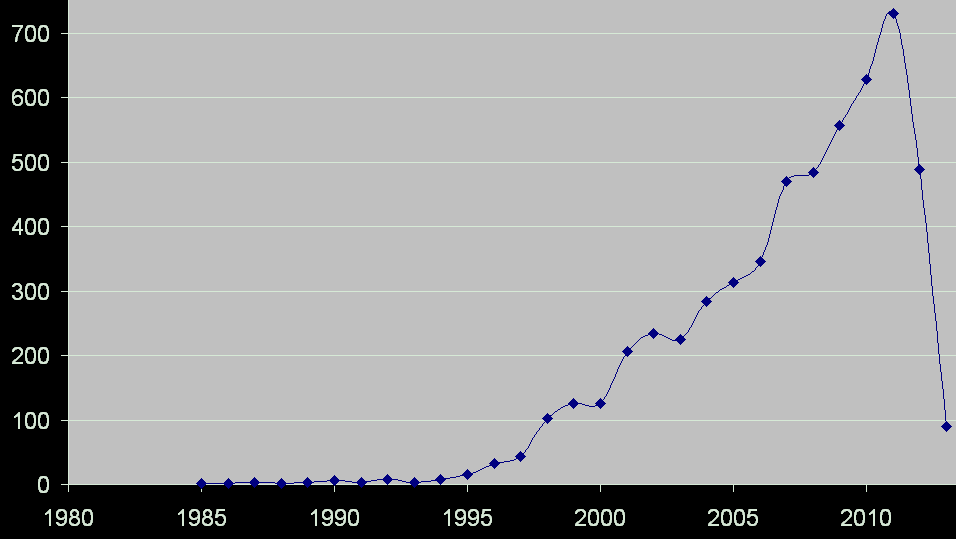


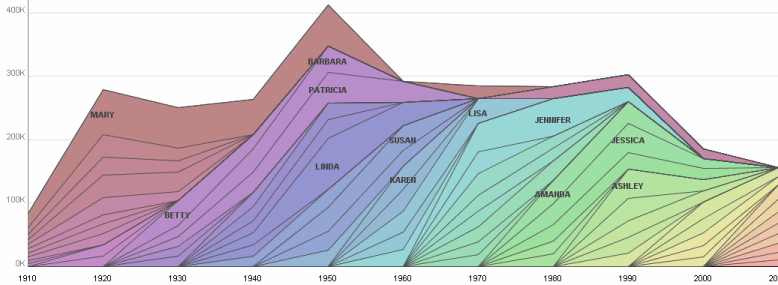
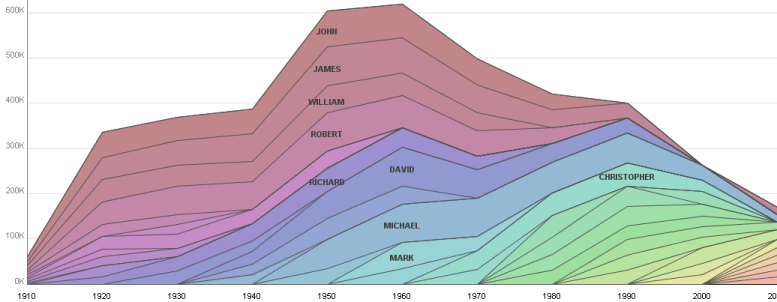

 Facebook have recently been attempting to coin a new term, "memology".
Facebook have recently been attempting to coin a new term, "memology".














